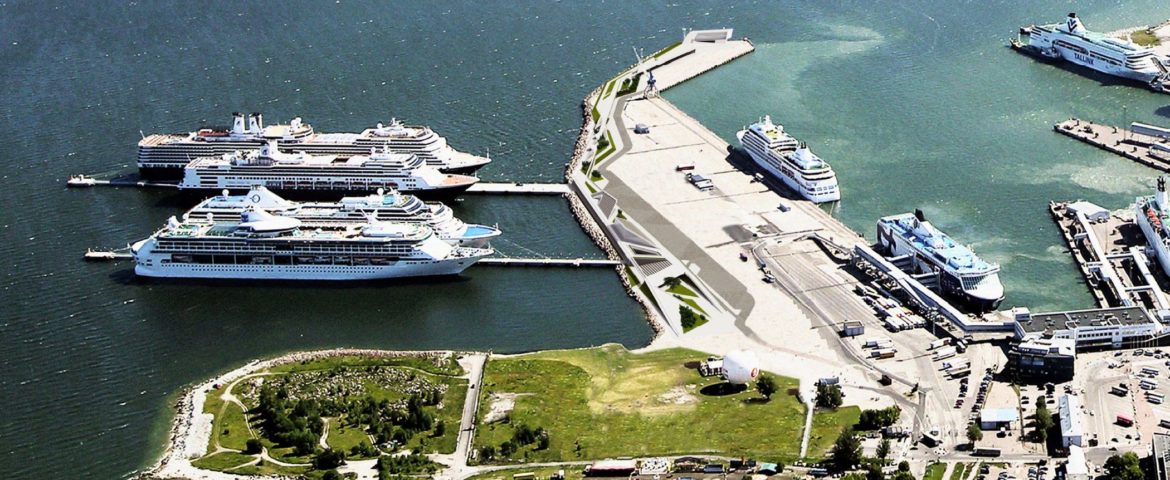Since the beginning of the ’80s, the cruise market has been experiencing a relentless growth, with two-digit growth rates (Pallis et al., 2018). In recent years, the number of global cruise passengers has almost doubled from 17.8 million in 2009 to about 30 million in 2019 (CLIA, 2020). These market trends have been accompanied by an increasing interest from both the civil society and heterogeneous groups of stakeholders towards the assessment of the various impacts generated by this business in terms of positive and negative externalities (Parola et al., 2014). Scholars and opinion makers are still debating on the net balance between positive economic spill-overs which originate from the cruise industry as a whole, including direct and indirect effects (Satta et al., 2015), versus negative implications, i.e., environmental impacts, socio-cultural concerns and economic impacts (Klein, 2011).
Although positive impacts from the industry are widely recognised, concerns and negative effects still persist when debating the effective sustainable nature of the business on the local communities located in those territories called by cruise itineraries. Therefore, cruise lines’ market positioning and competitiveness are expected to be increasingly influenced by their capacity to offer sustainable “green product”, especially in those territories characterised by a fragile environment. The forthcoming challenge, indeed, is making the cruise tourism sustainable in the long term, by pursuing green strategies capable to eliminate, or at least mitigate, the negative impacts produced by day-by-day operations on the environment. By pursuing green strategies, cruise lines are argued not only to satisfy stakeholders’ pressure and increase their license to operate, but also to adopt innovative business models and enhance value creation capabilities.
PortEconomics members Giovanni Satta and Francesco Parola, joined by Giorgia Morchio (University of Genoa, Italy) and Francesco Vitellaro (University of Genoa, Italy), in their latest portstudy, deepen knowledge on green strategies by cruise lines, scrutinizing alternative green investment options. For this purpose, a taxonomy of the environmental impacts caused by the cruise business is provided and discussed. Then, grounding on mainstream academic literature and recent anecdotal evidence, we propose an original conceptual framework which disentangles technologies and technical solutions cruise lines can rely on when pursuing green strategies. Five categories of strategies, including alternative investment options, are compared and discussed, highlighting both weaknesses and strengths. Finally, the conceptual framework proposed is tested by empirically investigating the current “adoption rate” of various green strategic options and related investments by major cruise lines.
The port study has been presented during International Association Annual e-Conference 2020, organised by Hong-Kong Polytechnic University and the presentation can be downloaded here.












